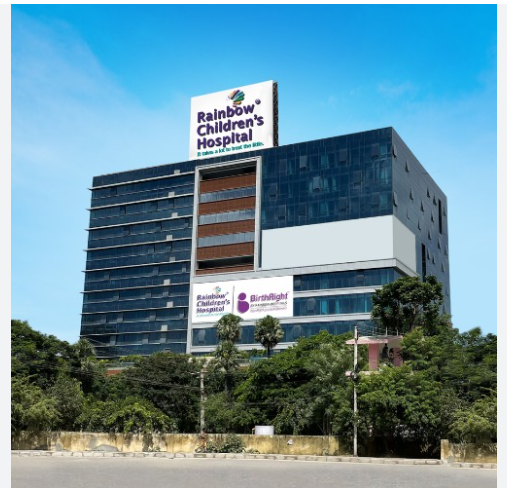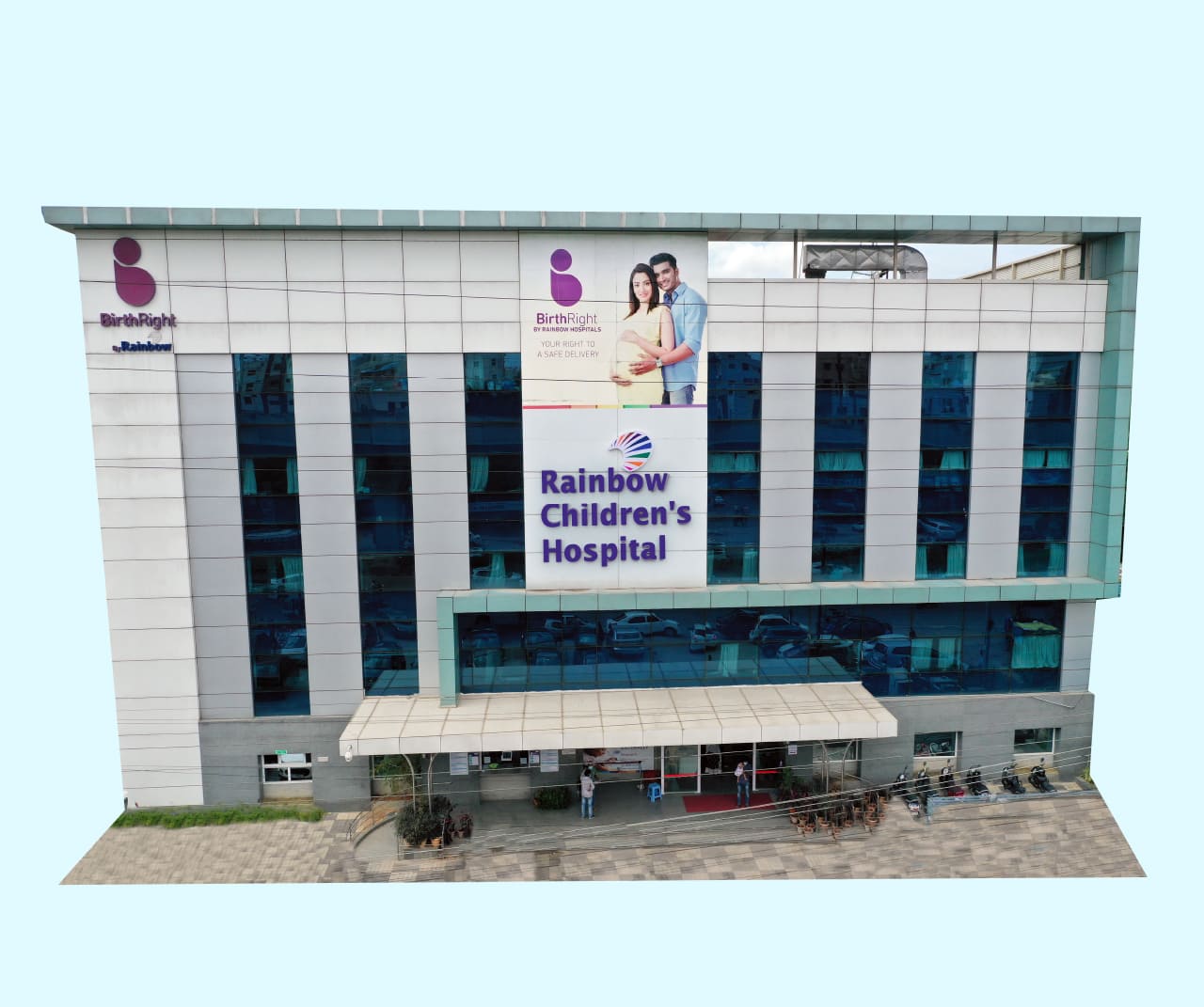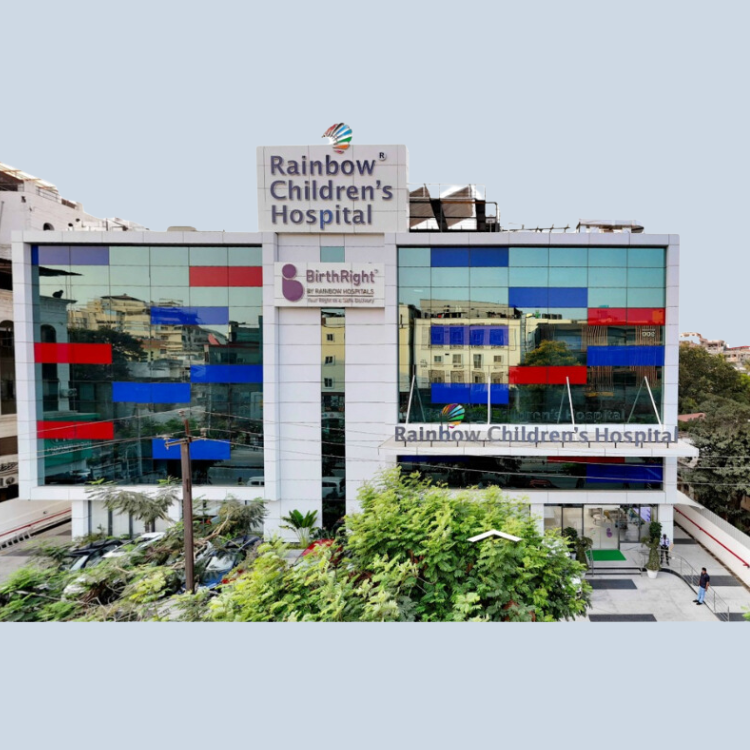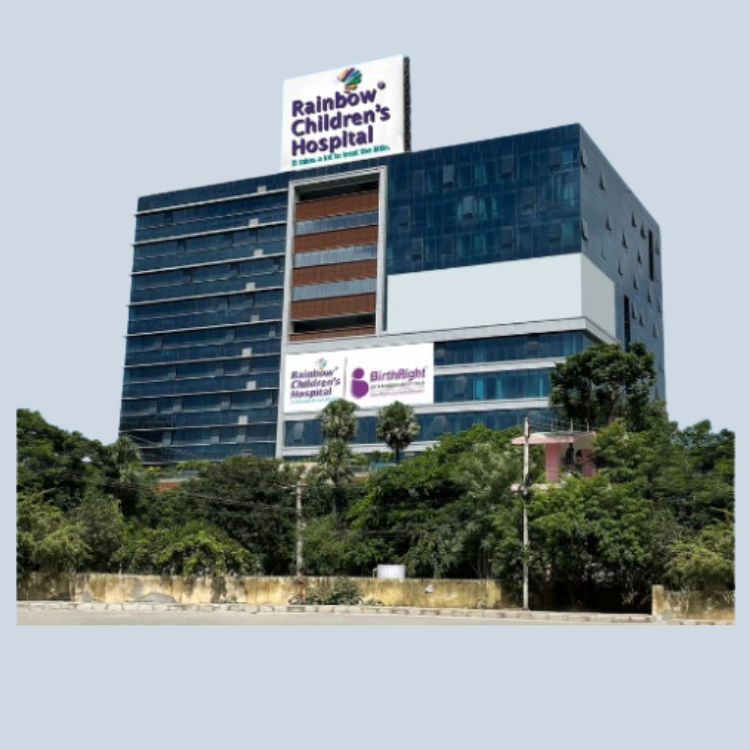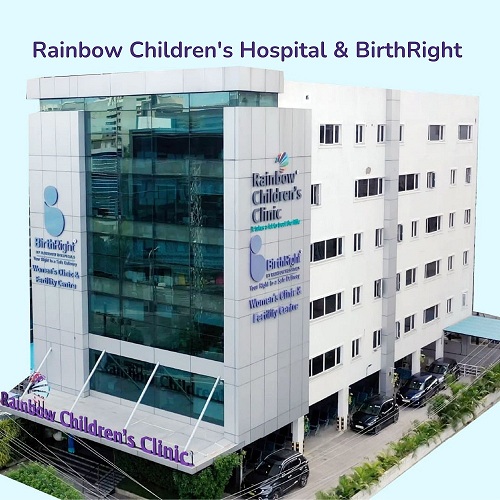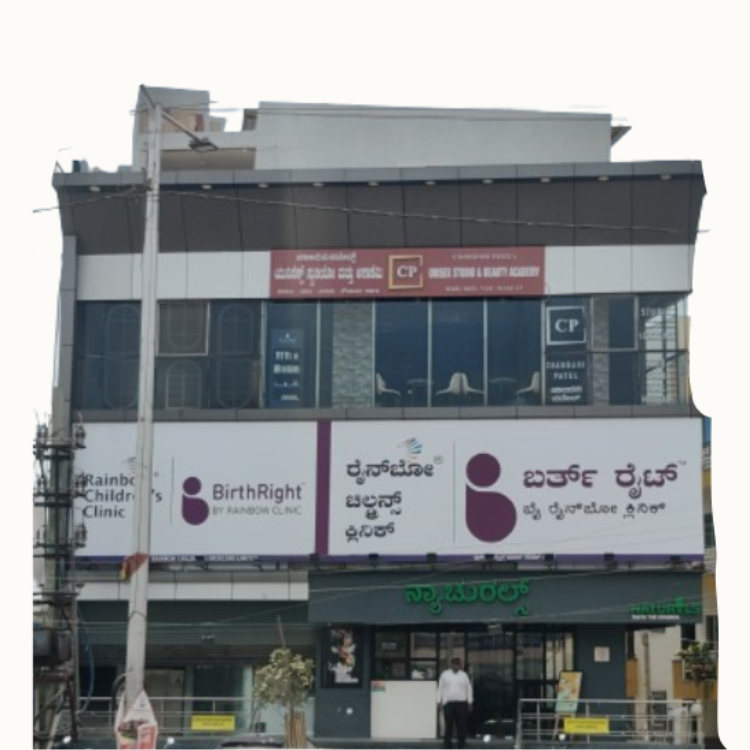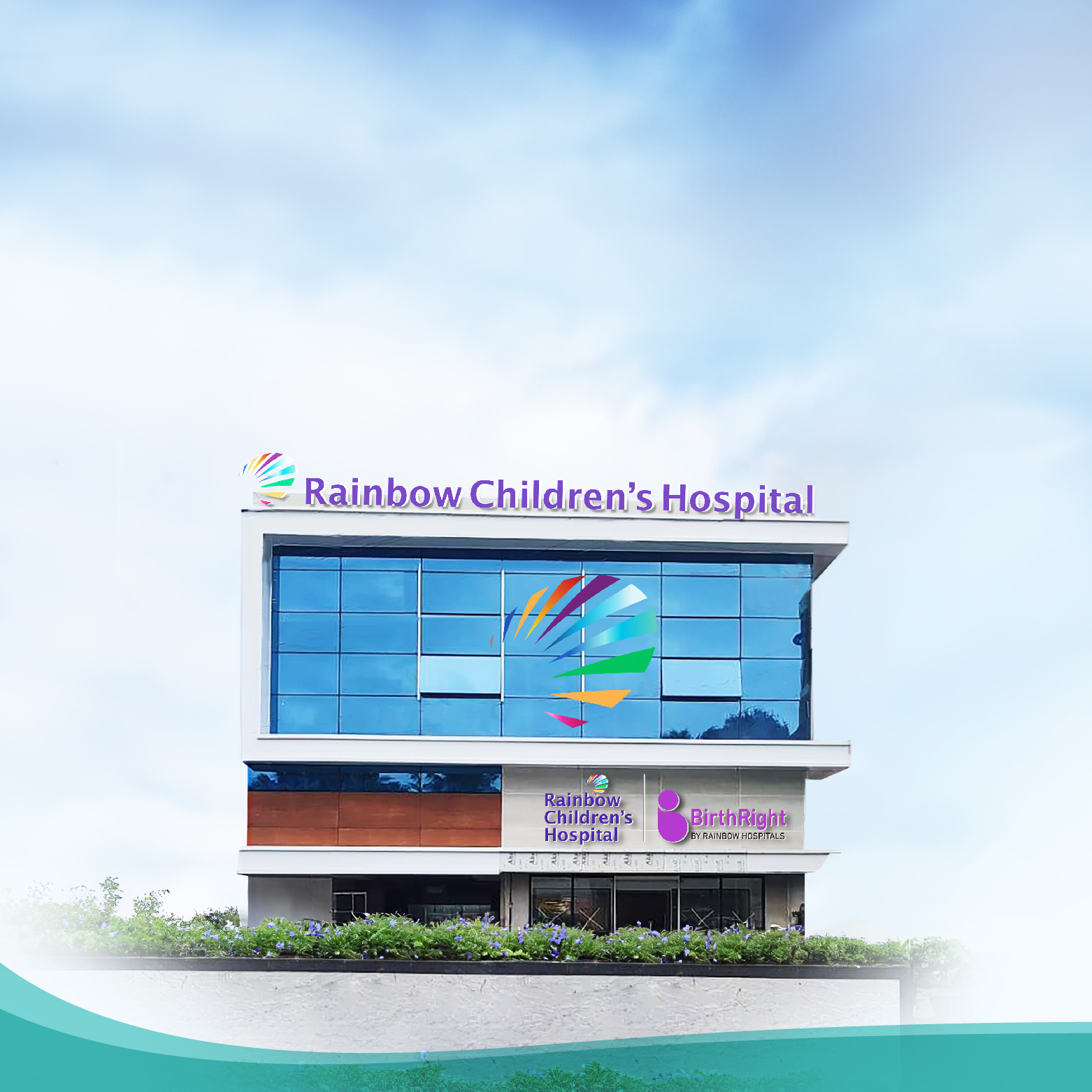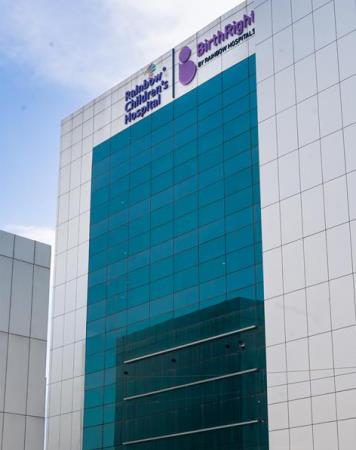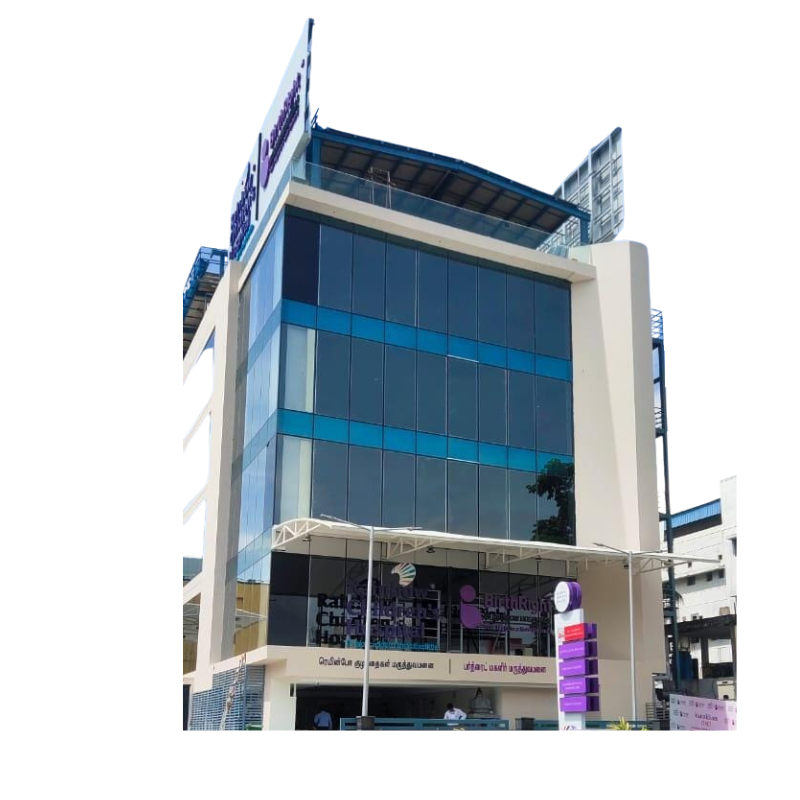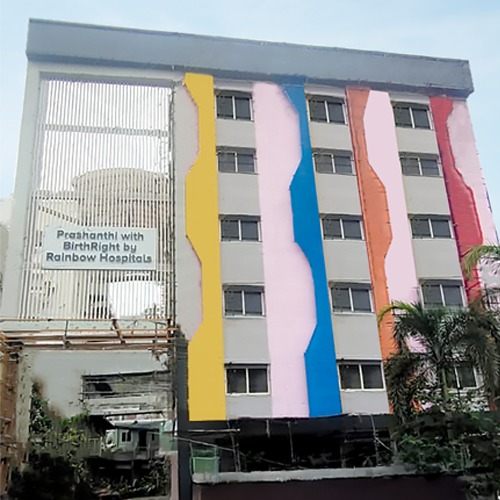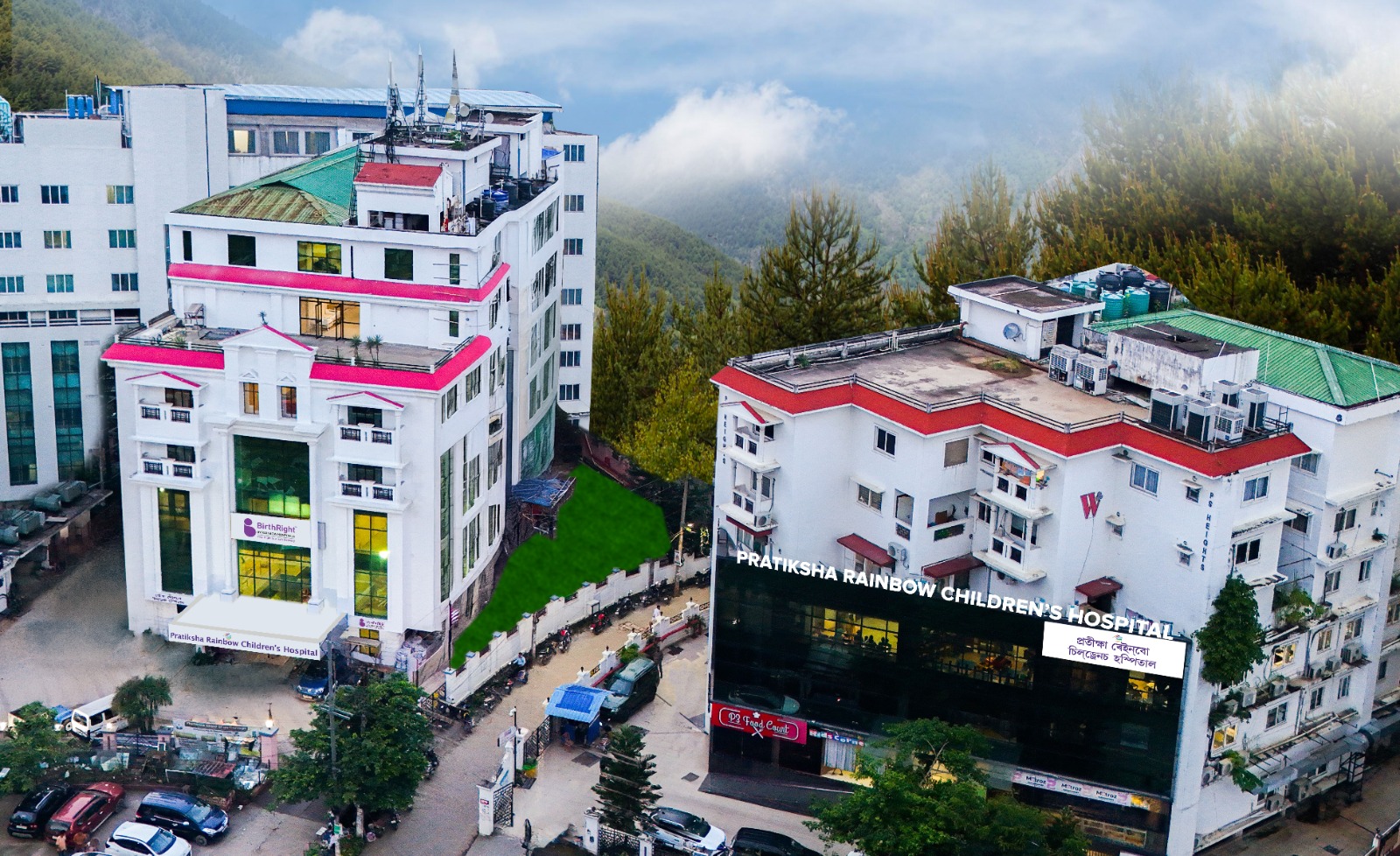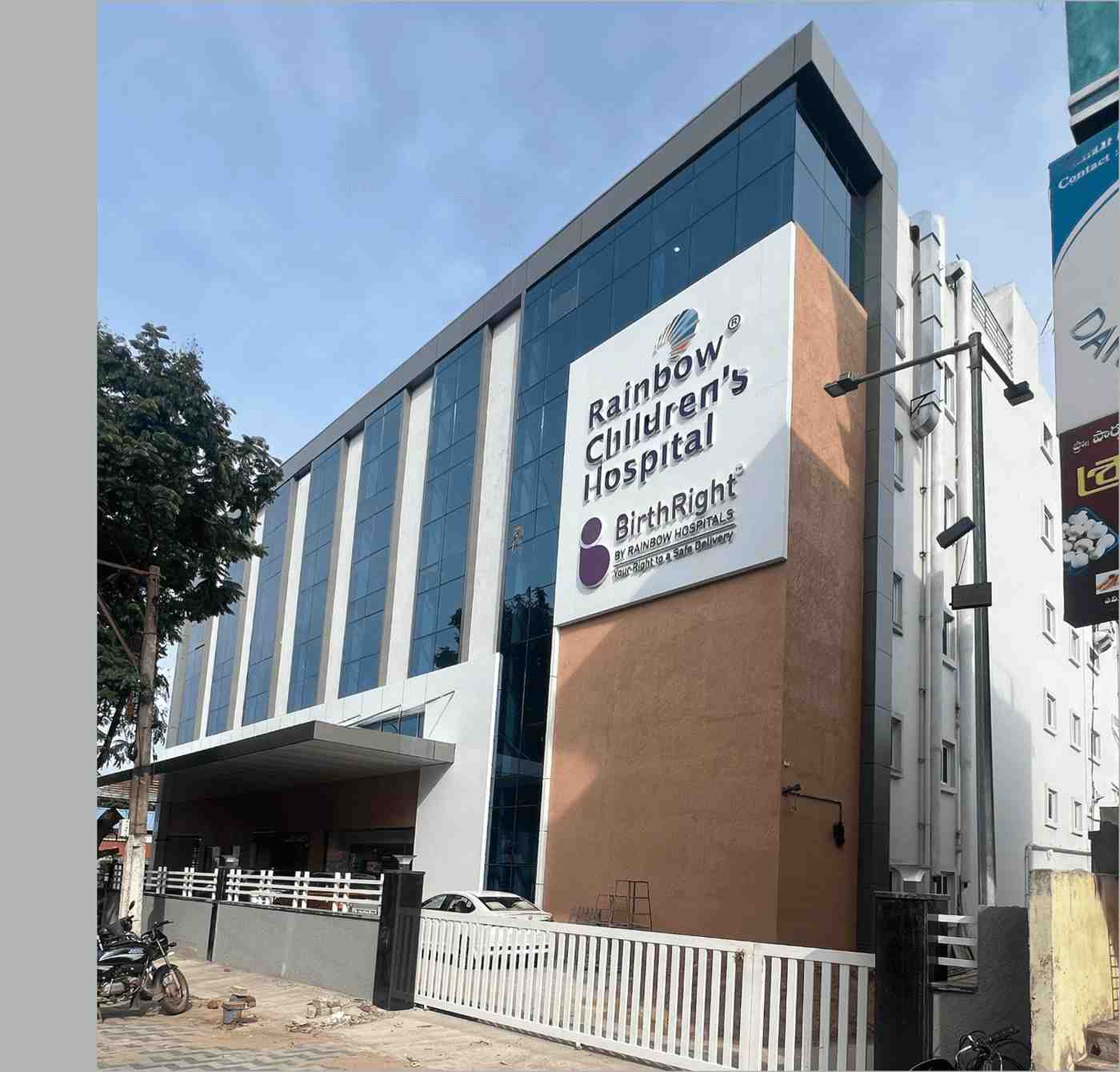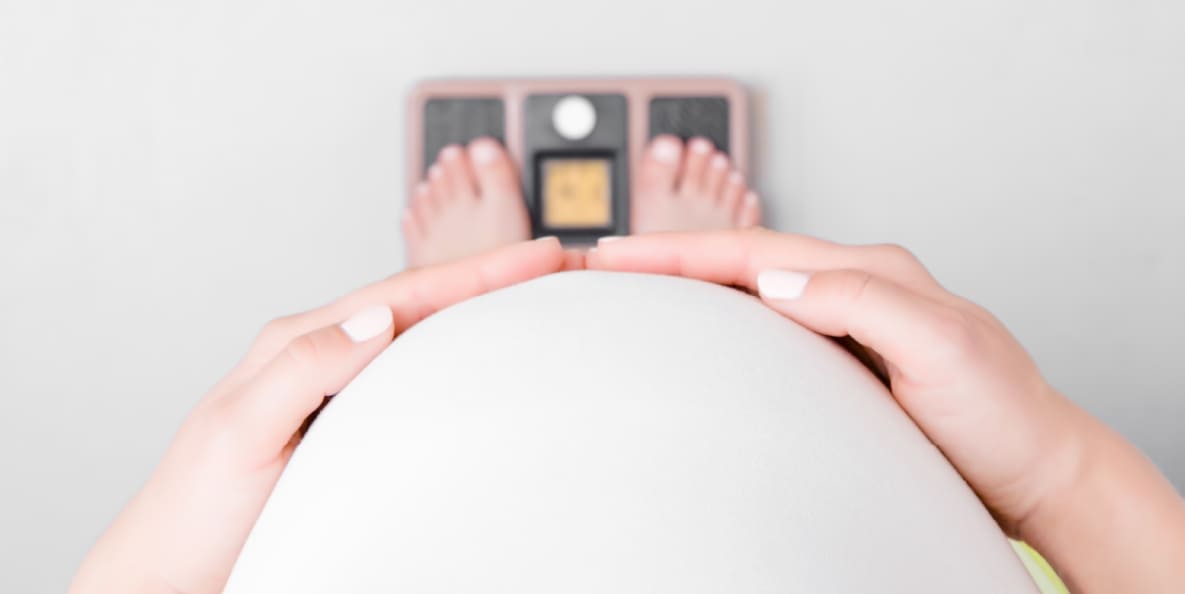Best Treatment For Mastitis in Women, Vizag
Best Treatment For Mastitis in Women, Vizag , Mastitis, an inflammatory condition of the breast tissue, can affect women in Vizag, causing discomfort and pain. Primarily occurring during breastfeeding, it often results from a bacterial infection, milk stasis, or blocked milk ducts. Mastitis can cause symptoms such as redness, warmth, swelling, and pain in the affected breast. Women might also experience flu-like symptoms, including fever and chills. While breastfeeding women are more susceptible, mastitis can also occur in non-lactating women due to other factors such as injury, compromised immunity, or underlying health conditions.
Diagnosis of mastitis in women involves a clinical assessment of symptoms, often coupled with physical examination and medical history review. In cases of lactational mastitis, healthcare providers might evaluate breastfeeding techniques and patterns to identify potential contributing factors. Treatment typically involves antibiotics to address the bacterial infection and relieve symptoms. Additionally, strategies to improve milk drainage, such as frequent breastfeeding or pumping, warm compresses, and adequate rest, are recommended to aid recovery.
Rainbow Children's Hospital in Vizag offers specialized care for women experiencing mastitis, providing comprehensive evaluations and tailored treatment plans. The hospital's focus on women's health includes addressing mastitis through a multidisciplinary approach, which may involve lactation consultants, obstetricians, or gynecologists. Their emphasis on prompt diagnosis, appropriate antibiotic therapy, and supportive measures aims to alleviate discomfort and ensure effective recovery for affected women in Vizag, prioritizing their health and well-being.

Leading Hospitals
Rainbow Children's Hospital stands as a testament to the hospital's continual pursuit of excellence and innovation, providing specialized care for women and children.
Yes, mastitis can occur in non-lactating women due to factors such as injury, compromised immunity, or blockage in the milk ducts. In these cases, it's often referred to as non-lactational mastitis.







